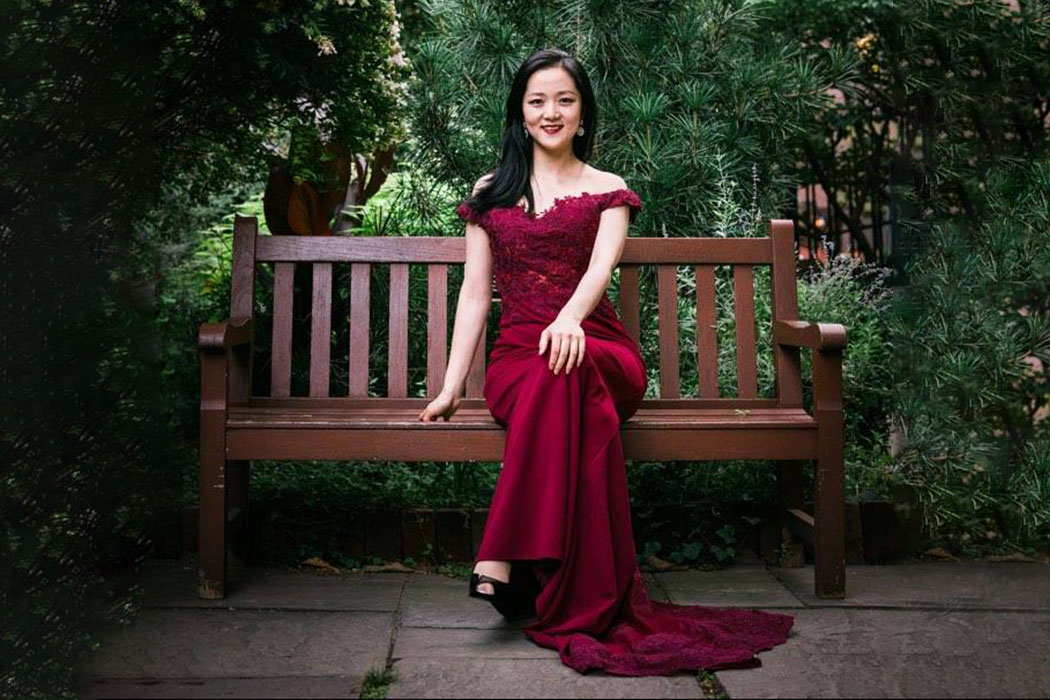Inarguably, no writer in history has had a greater influence on subsequent writers and composers than the Bard, William Shakespeare. In classical music and opera alone, the list of works that have been inspired by Shakespeare’s plays—whether by text or by atmosphere—is mindbogglingly long and traverses music history. To name a few: Mendelssohn’s overture and incidental music to A Midsummer Night’s Dream; Verdi’s operas Otello, Macbeth, and Falstaff; Ambroise Thomas’ opera Hamlet; Sibelius’ incidental music to The Tempest; and Samuel Barber’s Antony and Cleopatra.
But which of the Shakespeare plays has received the most enduring treatments by composers? That’s where the arguments begin, but one contender is certainly the classic tragedy of thwarted young love, Romeo and Juliet. While the Bard’s 1590s play was based on Italian tales from earlier in the 16th Century, it was Shakespeare’s play that gave the subject matter widespread artistic legs. Both operatic and symphonic composers— Berlioz to Bernstein, not to mention Prokofiev (a ballet) and Tchaikovsky (his Fantasy Overture)—have gravitated to the work eagerly and without hesitation, knowing that the compelling subject matter is fertile ground and an audience favorite.
Depending on how you count—of the dozen or so operas based on Romeo and Juliet, it is French composer Charles Gounod’s Roméo et Juliette that has enjoyed the most acclaim and success. Reasons for this are understandable. Gounod’s librettists, Jules Barbier and Michel Carré, followed the Shakespeare play rather closely. And musically, the composer has provided the young lovers with a number of extraordinarily beautiful love duets.
Knoxville Opera returns Gounod’s Roméo et Juliette to Knoxville audiences this weekend for two performances, their first production of it since 2012. Again, as in that previous production, KO general director Brian Salesky is using a theatrical device to enhance the audience’s engagement with the story. Actors, separate from the production’s singers, will preface scenes with short excerpts from the actual Shakespeare text.
“The actors are there not to be in the way,” explains Salesky, “but rather to share with the audience the beauty and majesty of Shakespeare that inspired Gounod and others. They will be speaking either with no music under them or we are using the introductory music of a scene which is just instrumental as underscore for that presentation of the Shakespeare. So, nothing is getting in the way of the opera.”

Although only one cast member will be returning from that 2012 production of Roméo et Juliette—Knoxville bass Andrew Wentzel as Friar Laurence—some of the visual aspects of the production may look familiar to sharp-eyed operagoers.
“Physically, the production will be almost the same as before with a few little changes,” Salesky says. “Railings built for Lucia have been introduced into the set and we’re adding some columns; the famous balcony is the same.”
Although Gounod wrote twelve operas, his reputation rests on only two: his 1857 Faust and the 1867 Roméo et Juliette. Not surprising, Salesky betrayed an extreme fondness for the latter.
“The music is just so glorious,” Salesky offers. “For a lot of opera fans, when you mention “Gounod”, they think of Faust. It’s understandable because over the years Faust has been the more popular of the two. However, Roméo et Juliette is my favorite. Given the storytelling, the music marries with that storytelling so successfully—and it is a brilliant series of love duets, but it is punctuated with very dramatic music that is the upset in the story. In order to have this dichotomy of the fighting families with these two youngsters who are just head-over-heels in love with each other, you do have to have all that gossamer music reflecting their love…and the punctuation of the violence that these two families have had for each other over the centuries.”
“I think it tells the story beautifully and if you are a person who likes a good love story and a good cry at the end, then this is the opera for you.”
Cast Of Knoxville Opera’s Roméo et Juliette

Tenor Mackenzie Whitney (Romeo)
Mackenzie Whitney is originally from Janesville, Iowa and is gaining recognition nationwide for his expressive lyric tenor voice. He studies with Bill Schuman at the Academy of Vocal Arts where he received his Artist Diploma. He most recently performed with Madison Opera in the role of Rodolfo in La bohème. Additionally, he performed Rodolfo with both the Lakes Area Music Festival and the Academy of Vocal Arts, for which Philly.com reported “Mackenzie Whitney, who sang Rodolfo, has an appealing lyric tenor voice, his upper tones free and of lovely quality. This role suits him well both vocally and dramatically”.

Soprano Yulan Piao (Juliet)
Korean-Chinese soprano, Yulan Piao, completed her Master’s degree at the Manhattan School of Music under the tutelage of Mignon Dunn. Recent roles include Liu in Turandot with the New Jersey Association of Verismo Opera, Musetta in La Boheme with the New Rochelle Opera and Konstanze in The Abduction from the Seraglio with the Empire Opera. She has performed with the ICAV program in Montreal as Lauretta and as Mimi in Puccini’s La Boheme. Previous credits include Pamina in The Magic Flute, Luisa Miller and Flordiligi in Cosi fan tutte.
Juliet — Yulan Piao
Romeo —Mackenzie Whitney
Mercutio — Brian James Myer
Tybalt — Wayd Odle
Gertrude — Aubrey Odle
Friar Laurence — Andrew Wentzel
Stage Director — Laura Alley
Music Director/Conductor — Brian Salesky
The Knoxville Symphony Orchestra
French with English supertitles
Friday, February 14 (7:30 PM) and Sunday, February 16 (2:30 PM)
Tennessee Theatre, 604 S. Gay Street
Tickets and Information







